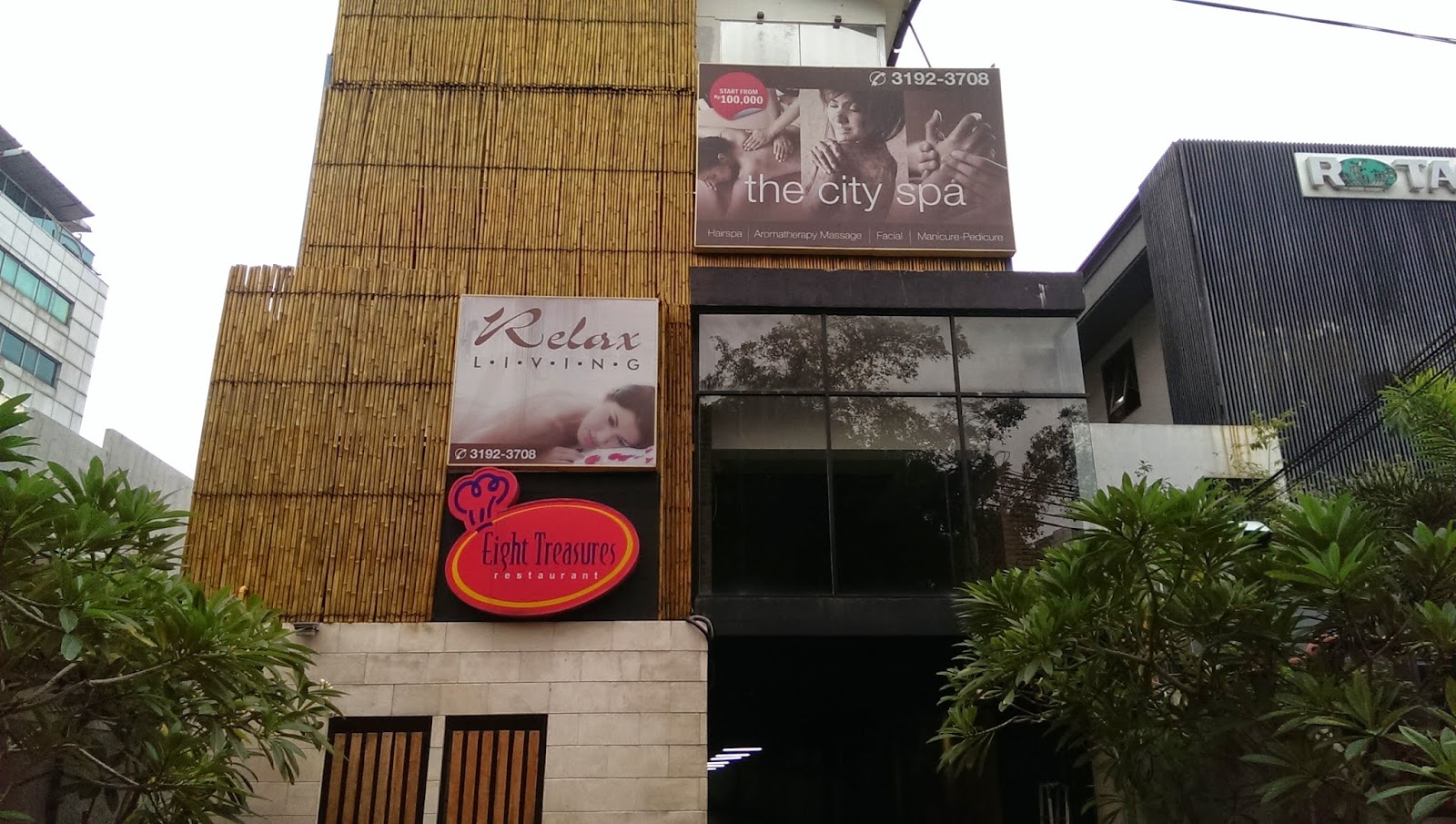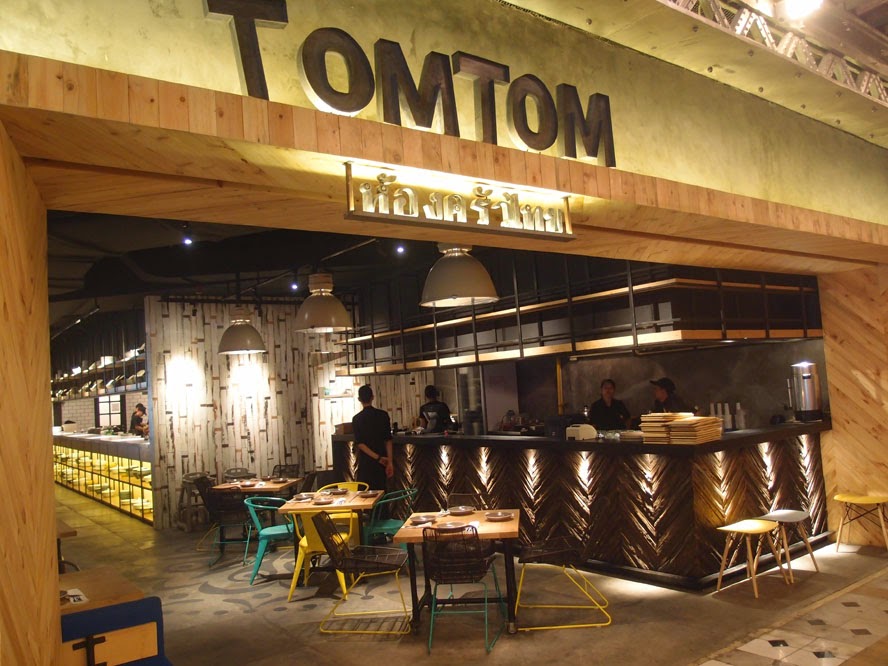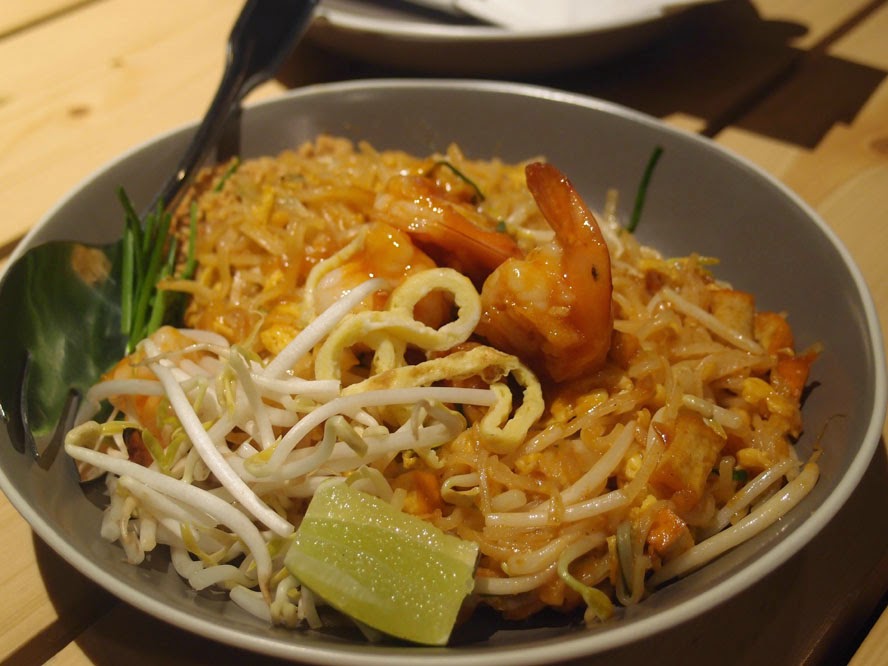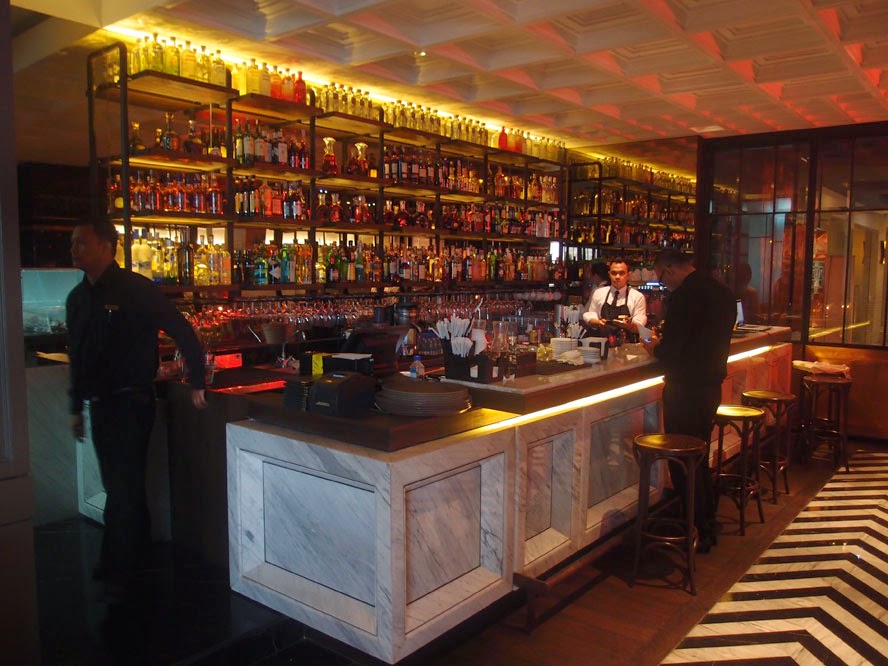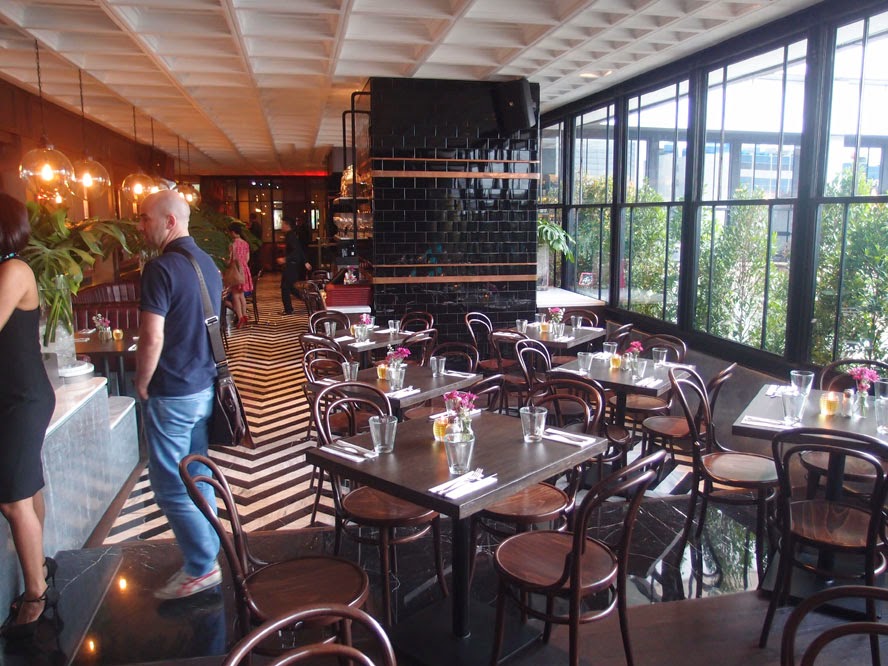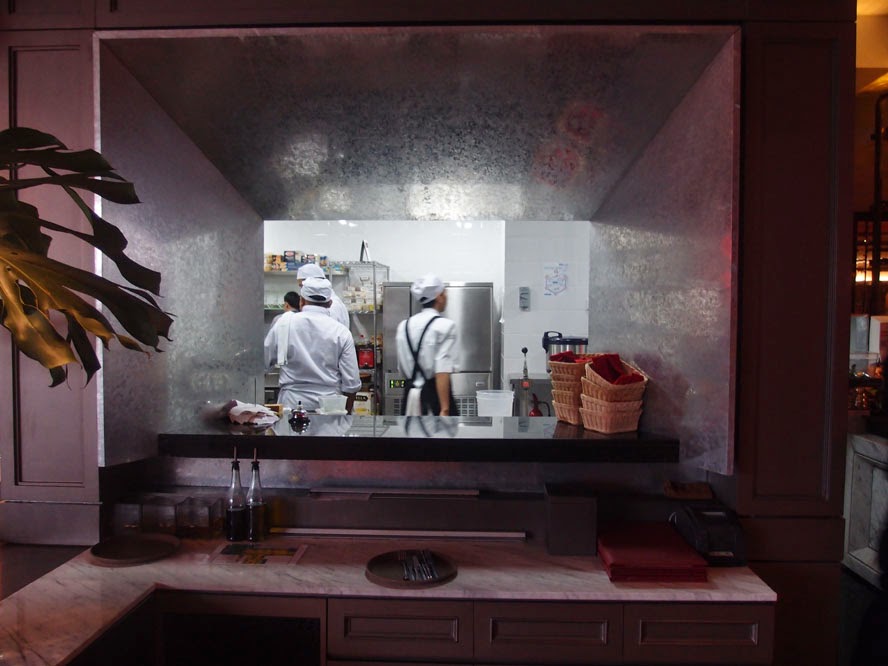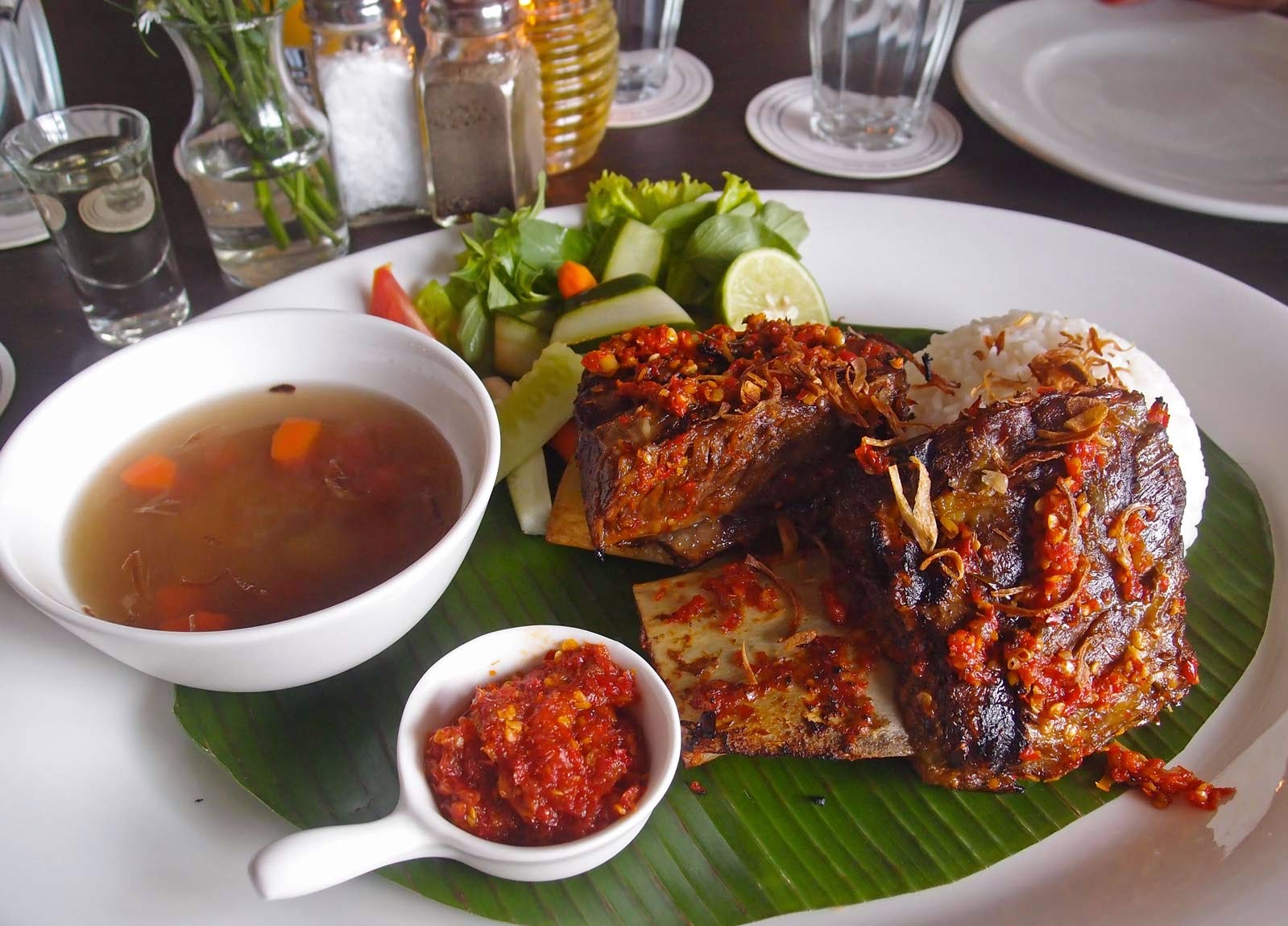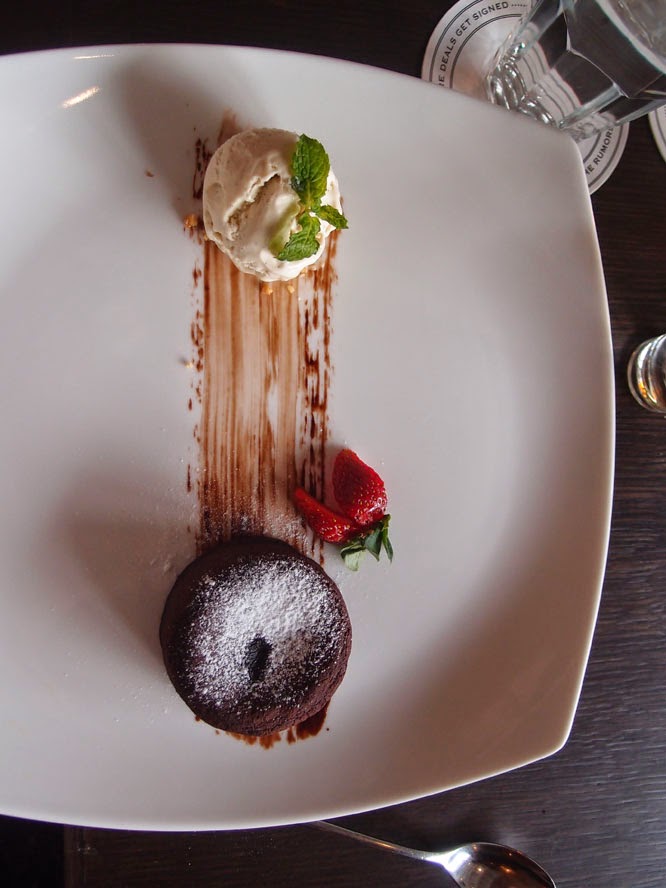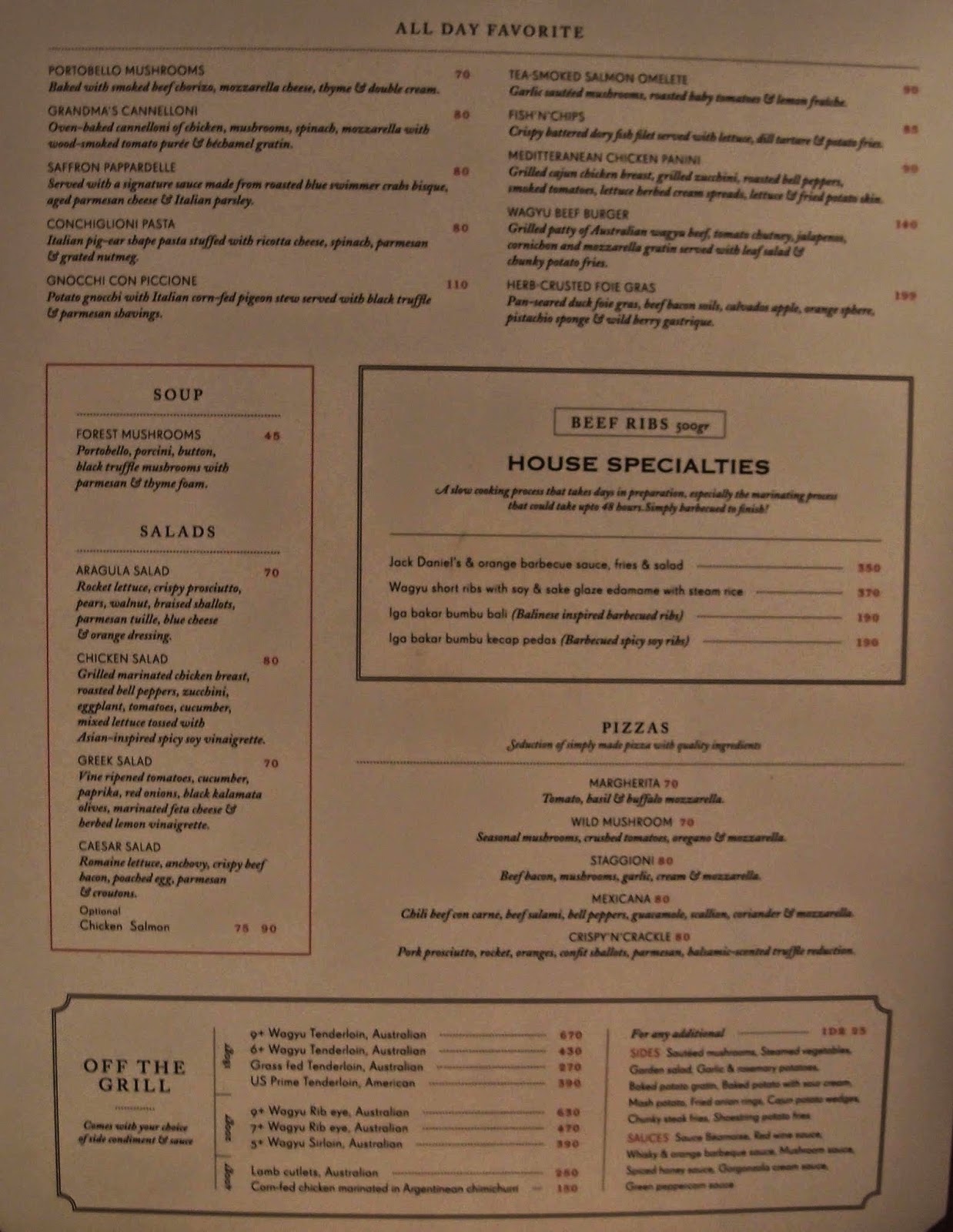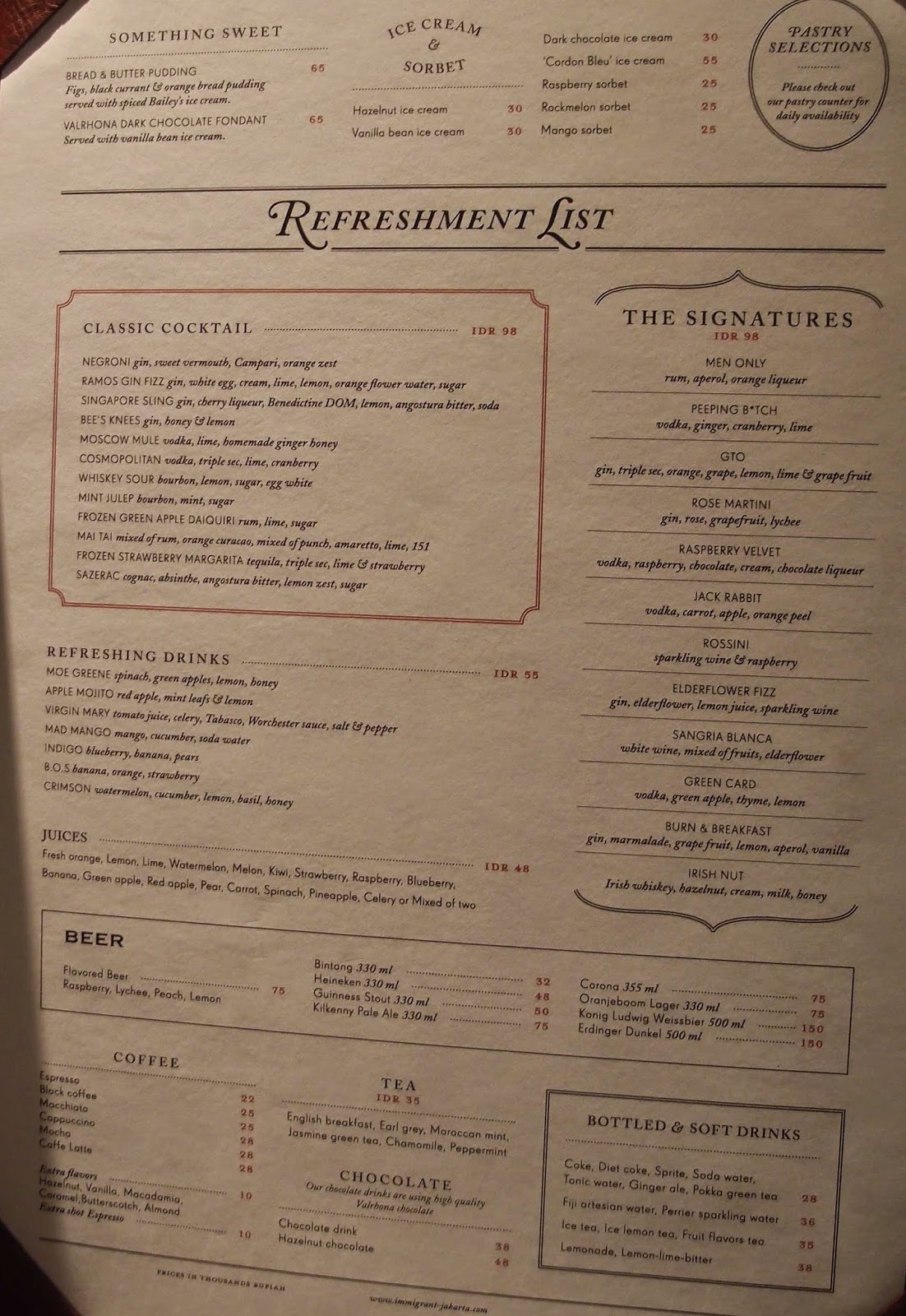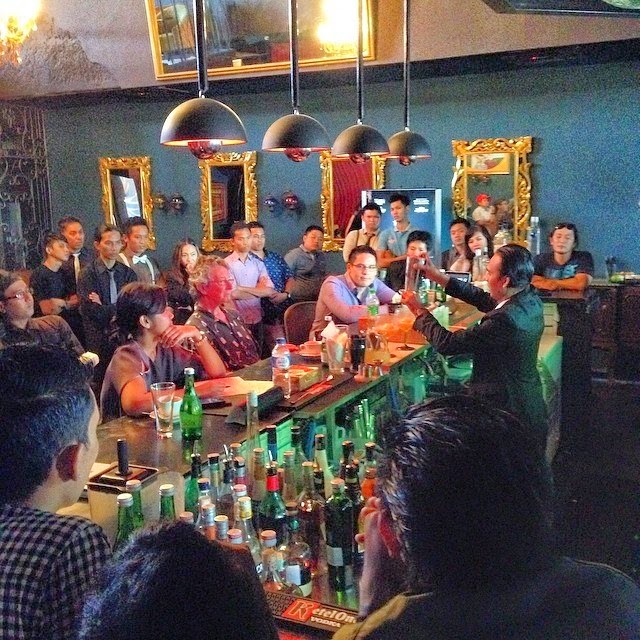I had heard of Kalijodo a few times before, in particular through emails from readers of Jakarta100bars.com. It is famous for being the largest red light district in Jakarta and also a center for illegal gambling.
It is located near Best Western Hariston Hotel, in Grogol, along the Ciliwung River. If you are on the toll road coming from the airport to the city center, you can actually spot it: There are maybe a hundred bars, discos and cafés lighted up with bright neon signs and with large advertising for Panther Stout or Bali Hai beers.
I visited a few days ago. It had been raining all day and the traffic near Taman Anggrek was horrible. Since we were stuck, I asked the taxi driver if he could bring me there to have a look.
He went to Kalijodo following Jalan Pesing street, which is lined up with ladyboys (waria) and further away, with street girls. The location is just in front of the nightclub MW.
There are also some "hostesses" on the streets, serving beers and other drinks. This might be the lowest form of prostitution in Jakarta: The client pays for his drinks and can then enjoy time with the girl, from touching until a full sexual act. In this case they will go a bit further away from the crowd. From articles I've read, the price for such transaction can be as low as 20,000rp.
Kalijodo's red light district is more organized, like a little city of its own, a ghetto. Being there feels like watching a violent documentary on National Geographic: It is a dark 1-kilometer long stretch of sin with prostitutes, gangs, poverty, and human misery. All of which are dressed to resemble a fantasy world of pleasure and fun.
I was there on a weekday, at 8pm so it was not so busy. Apparently it is packed on Saturday night with hundreds of people from all background, rich or poor, Indonesian or Chinese (very very few foreigners though).
The first thing that struck me is that the area retains a sort of common, day-to-day life. There is a police station, kids playing around, street food vendors, convenience stores, mosques. Business as usual some would say. From time to time, you see a lady with a jilbab walking by, seemingly unmoved by the activities in her surroundings. Kalijodo makes you experience all of Indonesia's contradictions and complexity.
The street is hardcore, like I have rarely seen before: "Preman" (gang members) are everywhere. They jumped on us as soon as we arrived to make us pay for parking. The fee was uncommonly high at 20,000rp: We tried to negotiate but the man told us: "If you want to be safe, you have to pay". That's just what we did. A few meters later, I tried to take my camera out of my bag, but someone came at me angrily and asked me to put it back. I was there with my work clothes and a Macbook so it was not the best time to get into problems.
For this reason, I could not take any decent pictures, but we came back later on and shot the following video from inside the taxi:
The bars come in all kind of shapes and types: Some are very tiny with dangdut music; others are large and more luxurious with Western house music. There are also small massage parlours (panti pijat), short-time hotels, Viagra/Cialis stands, etc. All the clubs/bars have prostitutes standing outside with some mamasan (male or female) trying to lure customers inside the club. The girls were awfully young and not at all what I expected. This was probably the most shocking from my visit and I still feel sorry about what I saw.
I didn't talk to any of them, but they were clearly underage. Some looked liked they were on drugs, dancing on Funky House music, but most were just frightened teenagers. The taxi driver told me that depending on the girl, the price was 50,000rp to 150,000rp, which is nothing. I have no idea how much money actually comes back to the prostitute but probably not much.
I have never had a definite opinion about prostitution in Indonesia. It is hard to pass a judgment about an issue that I find so complex. Kalijodo is different: It just feels completely wrong and it is really the kind of place that should not exist. Unfortunately, it is not enough to just destroy the cafes and to put a mall there instead (This is the plan of Jokowi/Ahok: Elimating Kali Jodo). It is about understanding all the parties needs and setting rules about how far one can go.
Prostitution is already illegal in Indonesia, and yet it is widespread. Wouldn't it be better if the government was to organize it, or at least to provide a safe environment for the girls, away from the gangs and with regular visits from doctors?
Or should the government be stricter in enforcing rules to fight prostitution?
I don't have an answer to those questions but I would be glad to receive your comments.
It is located near Best Western Hariston Hotel, in Grogol, along the Ciliwung River. If you are on the toll road coming from the airport to the city center, you can actually spot it: There are maybe a hundred bars, discos and cafés lighted up with bright neon signs and with large advertising for Panther Stout or Bali Hai beers.
 |
| Kalijodo street from the opposite river bank |
He went to Kalijodo following Jalan Pesing street, which is lined up with ladyboys (waria) and further away, with street girls. The location is just in front of the nightclub MW.
 |
| Indonesian Ladyboy (Waria) on Jalan Pesing |
 |
| MW Nightclub - Jalan Pesing |
There is always a pimp waiting on a motorcycle nearby. If the prostitute goes with a client, he will follow them and then make sure everything goes smooth. Once finished, he provides the girl with a ride back.
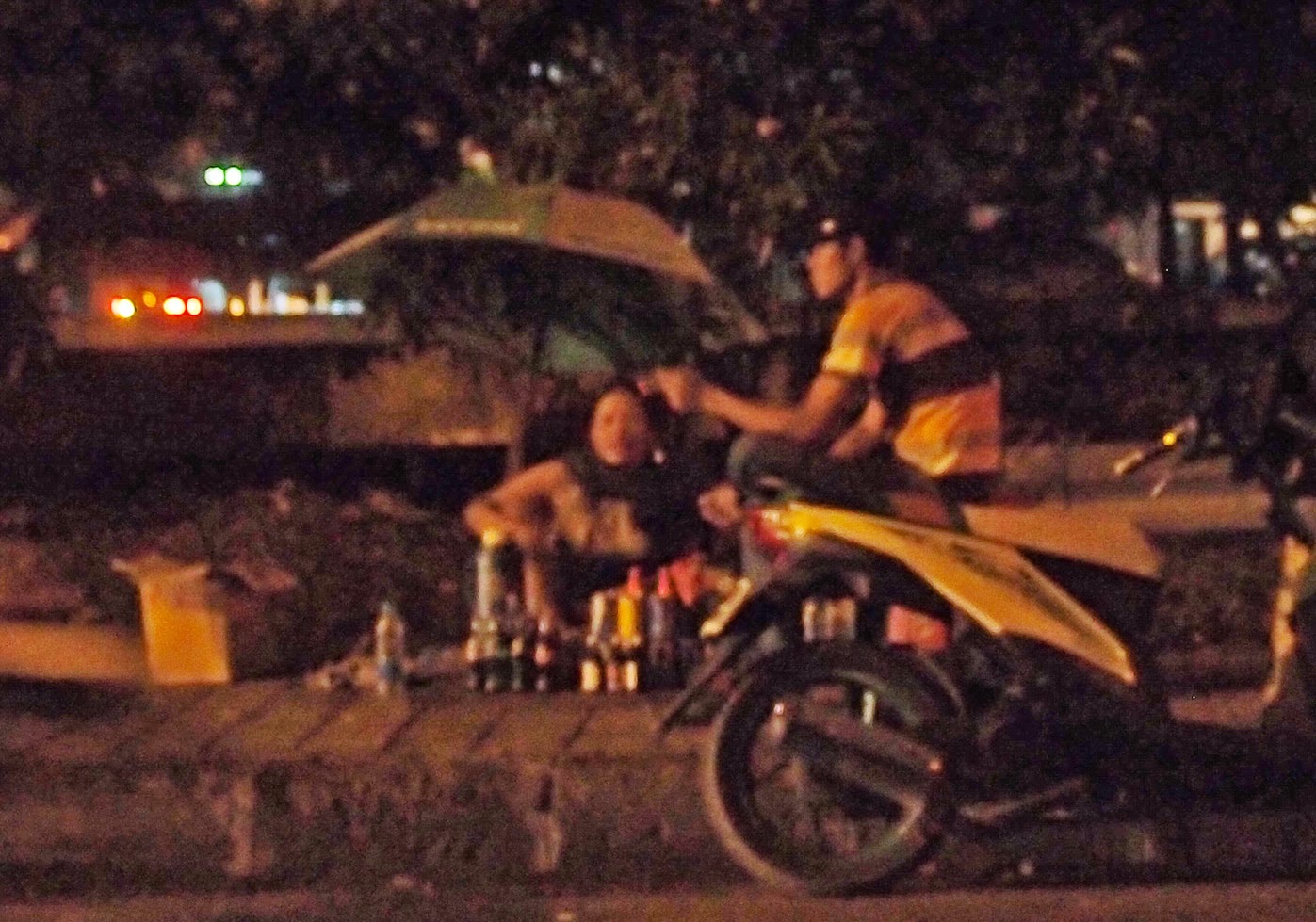 |
| Street hostesses on Jalan Pesing |
I was there on a weekday, at 8pm so it was not so busy. Apparently it is packed on Saturday night with hundreds of people from all background, rich or poor, Indonesian or Chinese (very very few foreigners though).
The first thing that struck me is that the area retains a sort of common, day-to-day life. There is a police station, kids playing around, street food vendors, convenience stores, mosques. Business as usual some would say. From time to time, you see a lady with a jilbab walking by, seemingly unmoved by the activities in her surroundings. Kalijodo makes you experience all of Indonesia's contradictions and complexity.
The street is hardcore, like I have rarely seen before: "Preman" (gang members) are everywhere. They jumped on us as soon as we arrived to make us pay for parking. The fee was uncommonly high at 20,000rp: We tried to negotiate but the man told us: "If you want to be safe, you have to pay". That's just what we did. A few meters later, I tried to take my camera out of my bag, but someone came at me angrily and asked me to put it back. I was there with my work clothes and a Macbook so it was not the best time to get into problems.
For this reason, I could not take any decent pictures, but we came back later on and shot the following video from inside the taxi:
The bars come in all kind of shapes and types: Some are very tiny with dangdut music; others are large and more luxurious with Western house music. There are also small massage parlours (panti pijat), short-time hotels, Viagra/Cialis stands, etc. All the clubs/bars have prostitutes standing outside with some mamasan (male or female) trying to lure customers inside the club. The girls were awfully young and not at all what I expected. This was probably the most shocking from my visit and I still feel sorry about what I saw.
I didn't talk to any of them, but they were clearly underage. Some looked liked they were on drugs, dancing on Funky House music, but most were just frightened teenagers. The taxi driver told me that depending on the girl, the price was 50,000rp to 150,000rp, which is nothing. I have no idea how much money actually comes back to the prostitute but probably not much.
I have never had a definite opinion about prostitution in Indonesia. It is hard to pass a judgment about an issue that I find so complex. Kalijodo is different: It just feels completely wrong and it is really the kind of place that should not exist. Unfortunately, it is not enough to just destroy the cafes and to put a mall there instead (This is the plan of Jokowi/Ahok: Elimating Kali Jodo). It is about understanding all the parties needs and setting rules about how far one can go.
Prostitution is already illegal in Indonesia, and yet it is widespread. Wouldn't it be better if the government was to organize it, or at least to provide a safe environment for the girls, away from the gangs and with regular visits from doctors?
Or should the government be stricter in enforcing rules to fight prostitution?
I don't have an answer to those questions but I would be glad to receive your comments.

